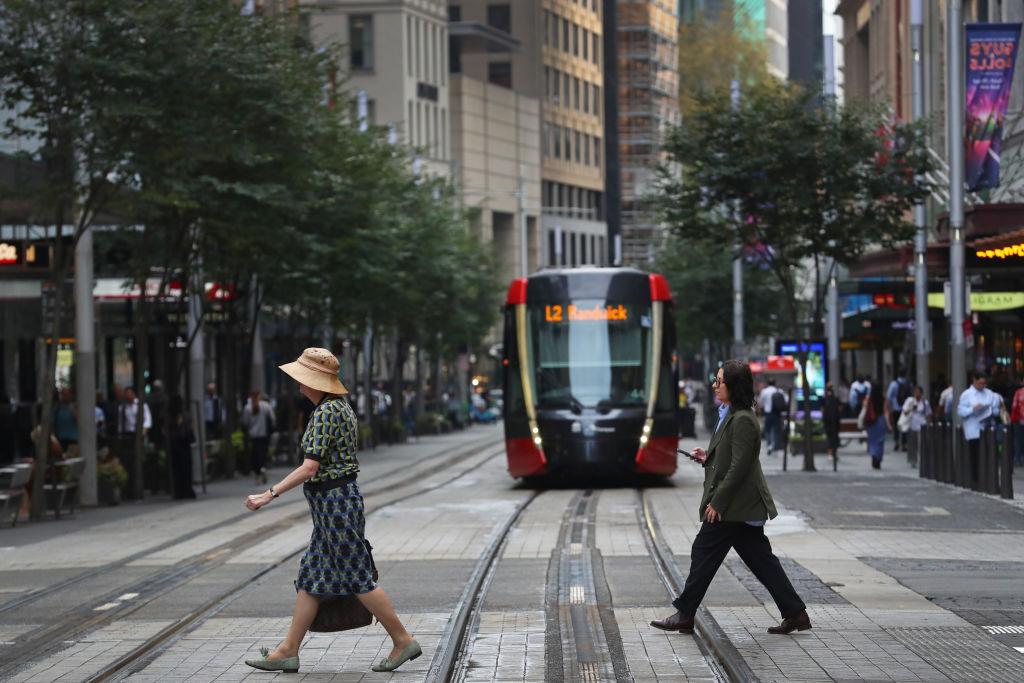New South Wales (NSW) Shadow Health Minister Matt Kean has stepped down from his ambassador position at the Coalition for Conservation (C4C), citing the organisation’s direction with an increasing focus on nuclear power in the electricity system.
In a letter addressed to the C4C Chair Larry Anthony, the former NSW energy minister said that he previously raised his concerns about the organisation’s conservations advocacy for nuclear power but were dismissed.




